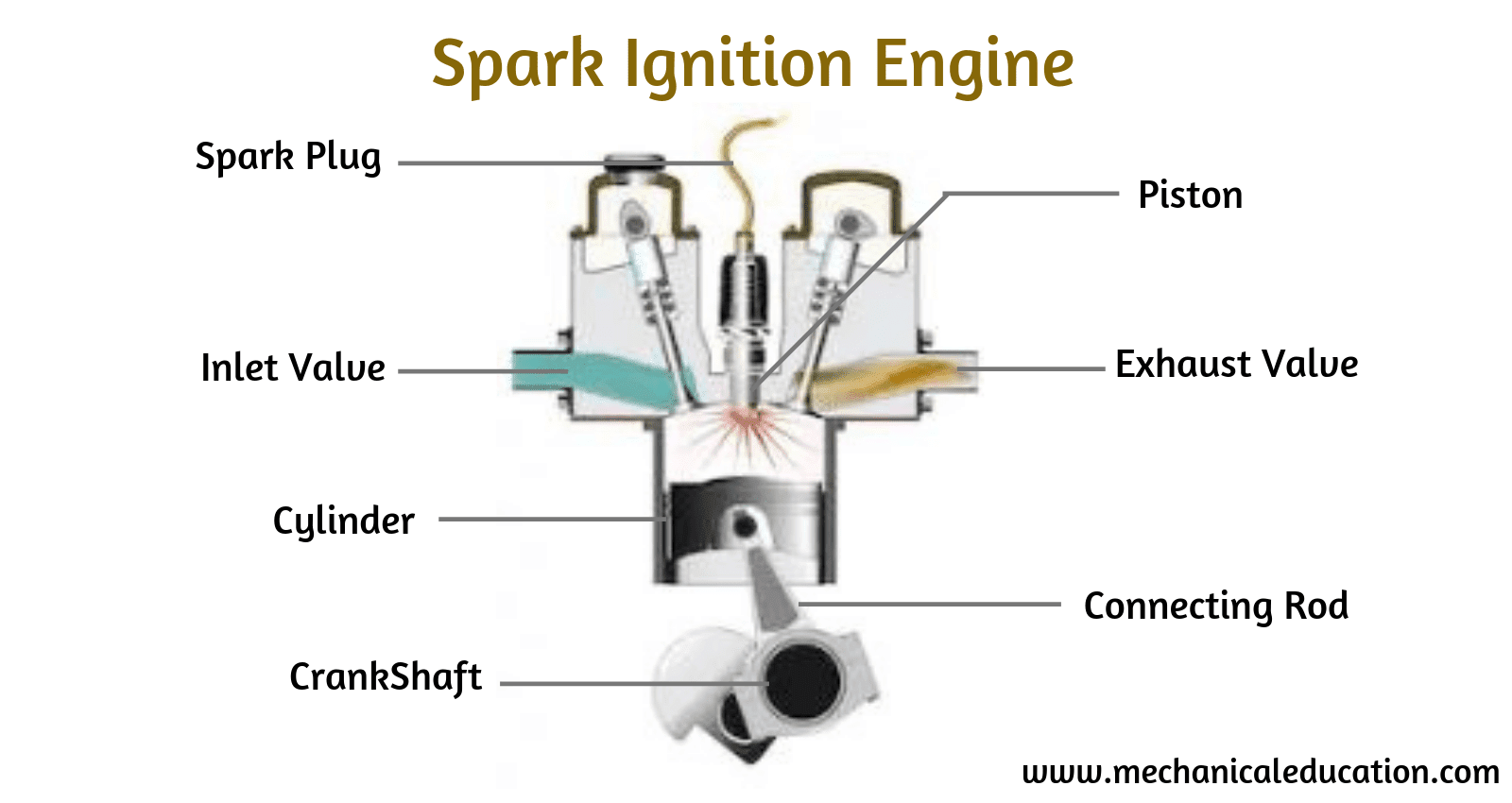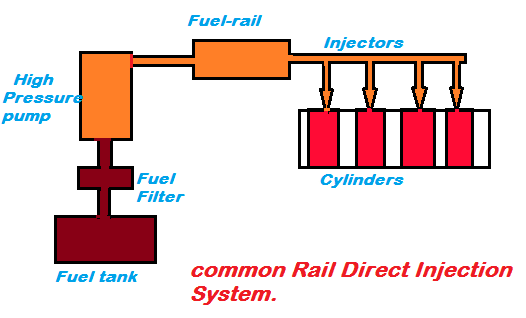If your car’s AC is blowing air that is cool but not cold enough, there could be several possible reasons:
- Low refrigerant level: The refrigerant is what cools the air in the AC system. If the refrigerant level is low, the AC system may not be able to cool the air as effectively as it should. This can be caused by a leak in the AC system, which should be repaired by a professional mechanic.
- Dirty or clogged air filter: The air filter in the AC system can become dirty or clogged over time, which can reduce the amount of airflow and prevent the air from being cooled as effectively. The filter should be cleaned or replaced as needed.
- Faulty compressor: The compressor is the heart of the AC system, and if it’s not functioning properly, the AC system may not be able to cool the air as effectively as it should. A faulty compressor may need to be replaced by a professional mechanic.
- Malfunctioning thermostat: The thermostat is what regulates the temperature of the air in the AC system. If the thermostat is not functioning properly, the AC system may not be able to cool the air to the desired temperature. The thermostat may need to be replaced by a professional mechanic.
- Blocked or damaged condenser: The condenser is responsible for removing heat from the refrigerant. If the condenser is blocked or damaged, the AC system may not be able to cool the air as effectively as it should. The condenser may need to be cleaned or replaced by a professional mechanic.
If your car’s AC is not cold enough, it’s important to have it inspected by a professional mechanic to diagnose and repair the underlying issue.
Frequently Asked Questions
1. Why is my car A.C. not as cold as it used to be?
Reduced cooling efficiency may be due to factors like low refrigerant levels, a dirty cabin air filter, or issues with the A.C. compressor. A thorough inspection is needed to determine the specific cause.
2. Can a dirty cabin air filter affect the coldness of my car A.C.?
Yes, a clogged or dirty cabin air filter can restrict airflow, reducing the A.C.’s cooling performance. Regularly changing the cabin air filter is essential for optimal cold air output.
3. Is low refrigerant a common reason for the A.C. not being cold enough?
Yes, low refrigerant levels can lead to insufficient cooling. Refrigerant is crucial for heat exchange, and a low level can result in decreased A.C. efficiency.
4. How can I check if my car A.C. has low refrigerant?
While DIY kits are available, it’s recommended to consult a professional for an accurate diagnosis. Signs of low refrigerant include reduced cooling performance and visible ice formation on A.C. components.
5. Can direct sunlight or tinted windows affect my car A.C.’s coldness?
Direct sunlight and dark tinted windows can increase the interior temperature. While the A.C. should compensate, extreme conditions may challenge the system, especially if there are underlying issues.
6. What role does the A.C. compressor play in the coldness of the A.C.?
The A.C. compressor is essential for circulating and pressurizing refrigerant. Malfunctions, such as a failing clutch or worn-out bearings, can lead to reduced cold air output.
7. Can a faulty thermostat impact the coldness of my car A.C.?
Yes, a malfunctioning thermostat may result in inconsistent cooling. If it fails to regulate the A.C. system properly, it can contribute to inadequate cold air on certain occasions.
8. Are cooling fans crucial for the coldness of my car A.C.?
Yes, cooling fans help dissipate heat from the A.C. system. Malfunctioning fans can result in reduced cooling efficiency, affecting the coldness of the A.C., especially in high-demand situations.
9. Can running the A.C. on recirculate mode improve coldness?
Yes, using recirculate mode initially can cool the cabin faster by recirculating the already cooled air. Once the interior is comfortable, switching to fresh air mode helps maintain air quality.
10. Can DIY refrigerant recharge kits improve the coldness of my car A.C.?
DIY kits can address low refrigerant levels and improve cold air output. However, it’s essential to identify and fix the root cause of the issue for a long-term solution. Consult a professional for a comprehensive diagnosis.




